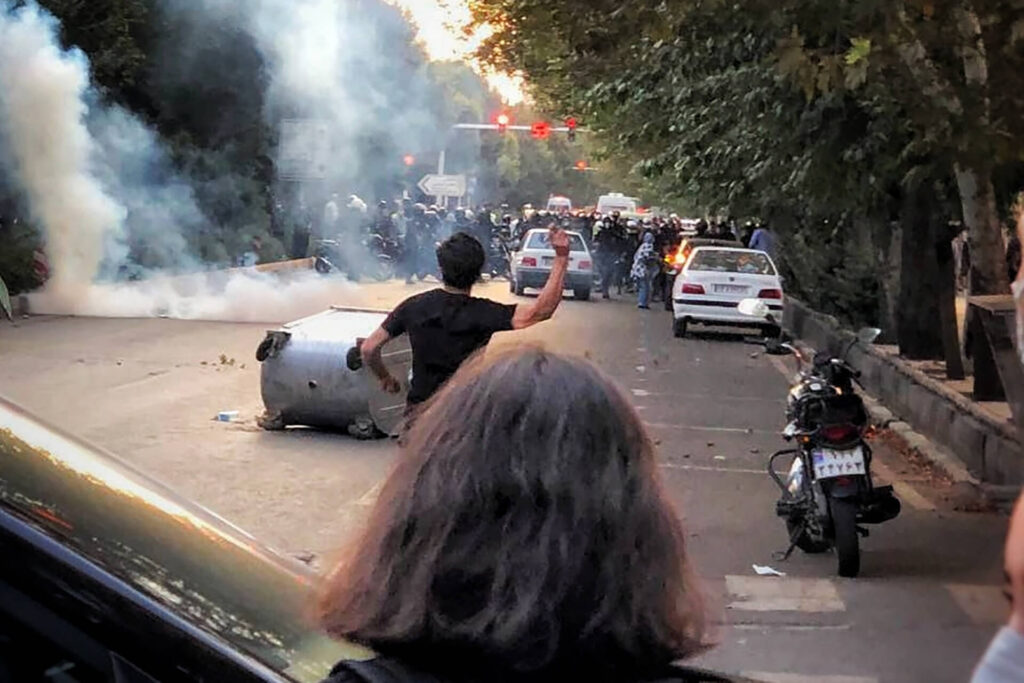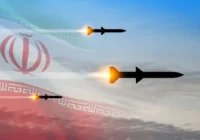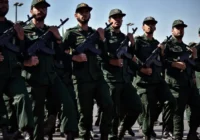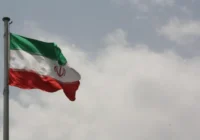On May 20, a helicopter carrying Iranian President Ebrahim Raisi and seven others crashed in the country’s mountainous East Azerbaijan province. Gary Grappo, a retired US ambassador with extensive experience in the Middle East, attributes the helicopter crash primarily to bad weather and the difficult mountainous terrain. Kobe Bryant, the beloved American basketball player, died similarly in 2020. Helicopters are vulnerable to poor weather, and there is no reason to suspect foul play.
Grappo dismisses conspiracy theories about Israeli or American involvement, citing a lack of motive. The Iranian president holds little real power. Supreme Leader Ali Khamenei holds all of the cards, so assassinating a president would do little to change policy.
The president’s death comes at a time of widespread dissatisfaction with the Iranian government. Voter turnout is low; hardliners dominate, and reformers are sorely lacking. The Islamic Revolutionary Guard Corps (IRGC), Iran’s political armed force, has gained significant political influence lately. Indeed, the IRGC will likely play a crucial role in determining the next Supreme Leader. The 85-year-old Khamenei is rumored to be in poor health.
Uncertainty and instability in the wake of Raisi’s death
Due to Khamenei’s rumored failing health, Iran will need a new president and a new leader. Grappo identifies Acting President Mohammad Mokhber and Parliament Speaker Mohammad Bagher Ghalibaf, who have IRGC ties, as frontrunners for the presidency.
The Supreme Leader’s succession is more complex. Khamenei’s son, Mojtaba, is a plausible candidate. However, Iranian political society, which views itself as revolutionary and Republican, has some reservations about hereditary succession. The regime’s talent pool, however, is limited. Loyalty and ideology often overshadow competence.
Related Reading
Raisi’s death does not signify immediate changes in Iran’s policies, but it creates uncertainty about the country’s future leadership. Grappo predicts a crucial role for the IRGC in maintaining the regime, possibly leading to a military dictatorship.
Grappo discusses Iran’s social and economic challenges, describing a younger generation disillusioned with the regime due to a lack of economic opportunities, social constraints and corruption. While acknowledging the regime’s efforts to improve literacy rates, he points out that this has led to heightened expectations, especially among women, who increasingly oppose the clerics’ restrictions. Grappo parallels the 1979 Revolution, citing corruption and discontent with the ruling elite. Iran is a nation on the brink of change.
Caught between a reactionary establishment and an increasingly revolutionary populace, Iran has vast potential. Still, it is globally isolated and dependent on China and Russia. It will have a delicate course to navigate in the coming decades.
[Peter Choi wrote the first draft of this piece.]
The views expressed in this article/podcast are the author’s own and do not necessarily reflect Fair Observer’s editorial policy.
















Comment